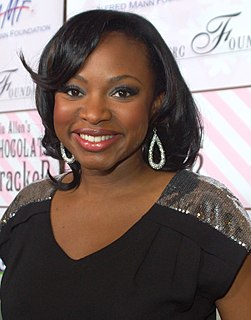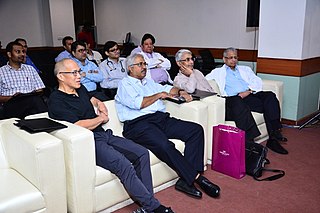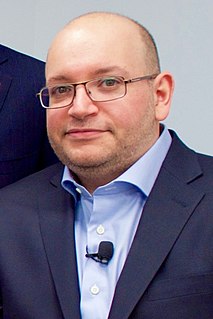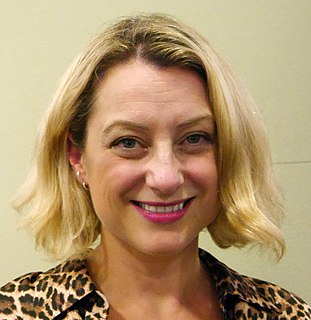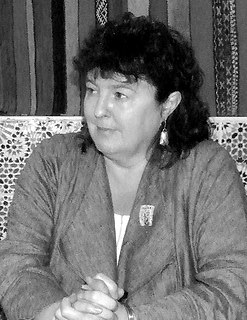A Quote by Peter Greenaway
I always think that if you deal with extremely emotional, even melodramatic, subject matter, as I constantly do, the best way to handle those situations is at a sufficient remove. It's like a doctor and a nurse and a casualty situation. You can't help the patient and you can't help yourself by emoting. And I don't think cinema is intended for therapy, so I object also to that huge, massive manipulation which is perpetrated on the public.
Quote Topics
Related Quotes
I'm sure as an infant, no matter what I looked like, I felt like the most loved kid getting those massages. So I really think that was a big part of my growing and my brain developing. Most of all however, I think it was the love that was given to me unconditionally and I felt that my whole life. It certainly wasn't that my parents always liked what I was doing, even my becoming a doctor, my father preferred I went into business so he could help me, but I wanted to be a doctor.
The best way to alleviate the obesity "public health" crisis is to remove obesity from the realm of public health. It doesn't belong there. It's difficult to think of anything more private and of less public concern than what we choose to put into our bodies. It only becomes a public matter when we force the public to pay for the consequences of those choices.
For me, the best journalism is usually the best storytelling, and the best stories are those of real people. Sometimes those real people are people in positions of great prominence or power or adverse situations, and sometimes it's just normal folks who help illuminate a situation, a place, a culture. And for me, that's always been the best way of telling a story.
I think all those years that I spent as a nurse, from the age of seventeen, just allowed me an insight into human emotion at those times of life when it's so important. And to see and witness those times of grief and love and loss and all those things was such a huge privilege, both in my own personal life, but it also, I think, spills over into my writing. I think the one thing that most novelists have is some degree of emotional intelligence, and if you don't have that, then perhaps you might struggle to be a novelist, because that has to come out somewhere.
I think we need to reckon in a very serious way with the emotional content of news and the way that people perceive facts and their perception of their situation and to me I think the tabloid is like fundamentally an emotional form of journalism and that kind of emotional valence is what distinguishes it from the broad sheet.
The myth of the self-sufficient individual and of the self-sufficient, protected, and protective familytells us that those who need help are ultimately inadequate. And it tells us that for a family to need help--or at least to admit it publicly--is to confess failure. Similarly, to give help, however generously, is to acknowledge the inadequacy of the recipients and indirectly to condemn them, to stigmatize them, and even to weaken what impulse they have toward self-sufficiency.



